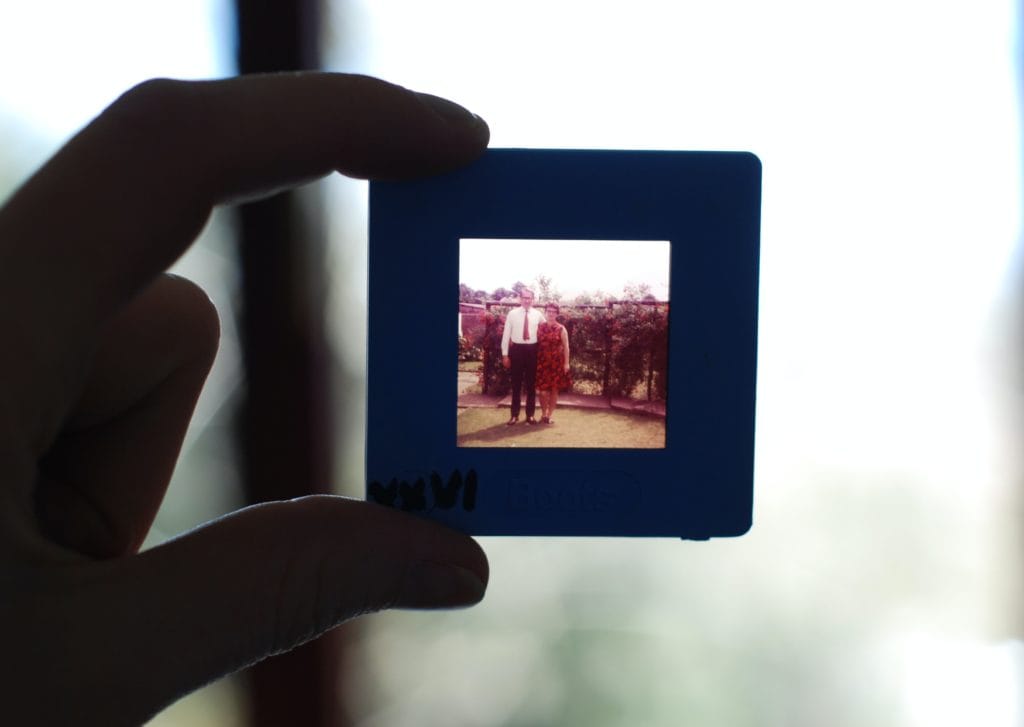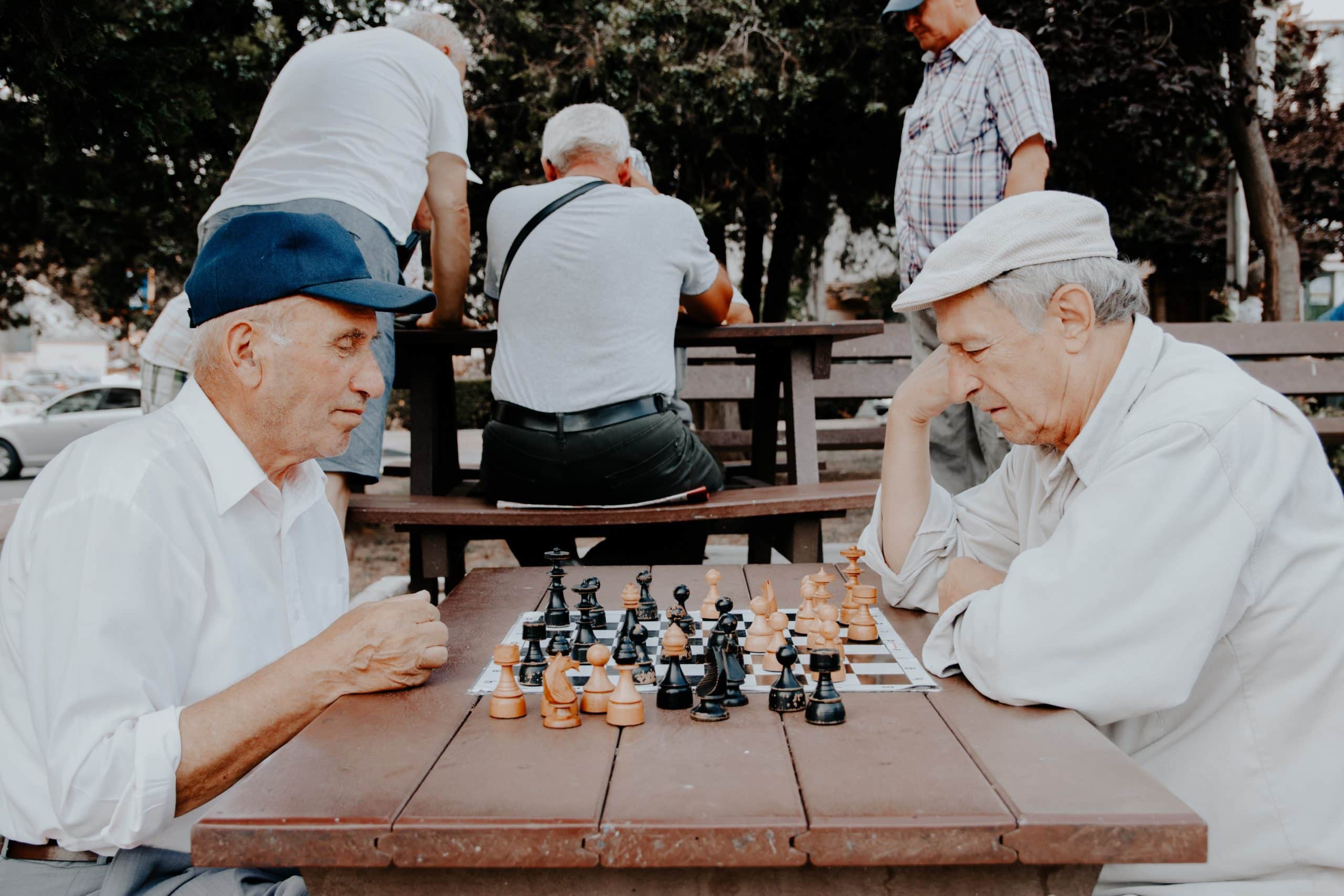We have dedicated this blog post to the topic of mental fitness to show what you can do to delay forgetfulness in old age as long as possible and how you can succeed in keeping memories alive. Meminto and memory – they are inseparable. Memories of events from your life or the lives of loved ones are a valuable intangible asset that you would like to preserve.
Forgetfulness in old age is a topic that affects pretty much everyone – directly as someone affected themselves or indirectly as family members or close relatives. Dealing with the daily challenge of such a situation can become a real burden for everyone involved. Especially when it is not just simple forgetfulness, but turns into a serious condition such as dementia or Alzheimer’s disease.
This should be said first:
We will not give you recommendations for medications here, because that is an area that we will simply leave out of the equation. Even if the advertising for such drugs prophesies unbelievable success and a whole industry earns a lot of money with it. But that should not be our topic.
Largely unexplored - but still preventable
A person’s brain is an incredibly intricate, complex and unexplored entity. And the various deficits such as dementia, Alzheimer’s disease, or simply memory impairment are all quite unexplored diseases that are difficult to predict, diagnose, and target for treatment. In many cases, however, the course of such diseases can be slowed or mitigated, especially if a doctor can detect them early.
To prevent it from getting that far in the first place, everyone can do something prophylactically to prevent forgetfulness in old age. And even people who already have symptoms can do something about it – usually with the help of relatives – and take preventive measures to slow down the development. Here we would like to introduce you to some of these measures.
Nutrition and sport

At least this is certain: A healthy diet and plenty of exercise can help prevent brain disease such as dementia or Alzheimer’s. These tips are given by every doctor on questions on this subject. However, the same applies here: Can prevent! Diet and sports cannot completely prevent the diseases, unfortunately there are too many examples of top athletes who have lived healthy all their lives and still suffer from forgetfulness in old age. But it is just as certain that the risk of suffering one of these diseases one day is significantly reduced with a healthy and sensible lifestyle and plenty of exercise in the fresh air.
So, if you want to tell your grandchildren about your life later on: get off the sofa, go for a walk and give up currywurst and chips tonight.
Reading and traveling preserves mental abilities
Constantly providing new stimuli for the brain is also a means of maintaining mental performance. This includes reading, traveling, visiting cultural events, challenging hobbies, social contacts, eye-to-eye conversations and memory training through crossword puzzles or games such as memory. The permanent under-stimulation of the brain causes memory to decline and ultimately promotes insidious diseases such as dementia and Alzheimer’s disease.
Important: Everything in its place!
This is also one of the tips that are mentioned again and again when it comes to helping people with declining memory. If possible, leave everything that belongs to the environment and daily life of the person affected in its original place. After all, the well-known “power of habit” can also help to a considerable extent to counteract forgetfulness in old age. People with memory disorders find it difficult to get used to new things or processes and to adapt to changed situations.
Keeping the memories alive
If you have contact with people whose memory is gradually deteriorating, you will find that they often remember events from much earlier years better than what happened in the recent past. It becomes especially sad, however, when the memory problems cause memories of earlier incidents to fade as well and eventually become non-existent.
But what can be done to slow down this process, if it can’t be prevented altogether? Further above, we have learned that diet, exercise, appropriate medicine and always new stimuli of the brain can have a positive effect on forgetfulness in old age. But not all people have the opportunity to resort to such means. Partly for financial reasons, partly because health prohibits it, or simply because the conditions are not right.
But how can seniors who suffer from forgetfulness be helped to keep their memory alive? One proven way is to keep asking questions. This can be done by anyone who surrounds the elderly and notices symptoms of Alzheimer’s or dementia.

Questions, questions, questions
Surely you can remember the old stories that people close to you have always liked to tell. And surely you have also noticed that one or the other stops telling these stories from the past at some point. This could be a warning signal for an incipient brain disease associated with memory disorders. If you notice this, you should start asking the person questions about these old experiences and incidents.
How was it, tell us again, who was there, where did you go to school, where did you meet your partner … Such questions about the old times can stimulate the brain of a person with memory disorders, can refresh the memory and keep it alive and activate some gray cells once again.
Maybe, if your time allows it and the person with this forgetfulness in old age is very close to you, you can also start to write down one or another incident. For yourself and your family or close relatives, but also for the affected person himself. This is also a great way to pass the time, especially for seniors who often suffer from long days and boredom.
One last tip: write a book together!
In addition to the many tips we have now given you on the subject of forgetfulness in old age, there is now one last point on the subject of mental fitness:
Write a book to be able to reread and pass on precious memories.
Yes, that’s right, maybe it can become a real book. If it is important to you to help your parents or grandparents maintain their mental fitness, you can write a book together. This way you can record the experiences in a very structured and chronological way, also for the following generations, who should share the memories of their parents or grandparents and who run the risk of not knowing much about it at some point, even though it interests them. Just in case, one then has a nice, bound book at hand to read about the time when grandpa and grandma were still children.
Create a life book now!
Get access to hundreds of questions. We'll structure your answers, make sure you don't forget anything, and take care of printing and mailing. In a few weeks you will have a book about your life in your mailbox!
Write down the memories with Meminto
And because not everyone is called to become an author, or perhaps doesn’t have the time, or even doesn’t know how to design, print, bind, etc., you can get the necessary support at Meminto. With Meminto it is very easy. Even with the formulation of the questions you will be helped. And also with all other questions approximately around the book, which you want to write for and with humans, in order to keep memories alive and against the forgetfulness in the age to fight. Just check out www.meminto.com.


















